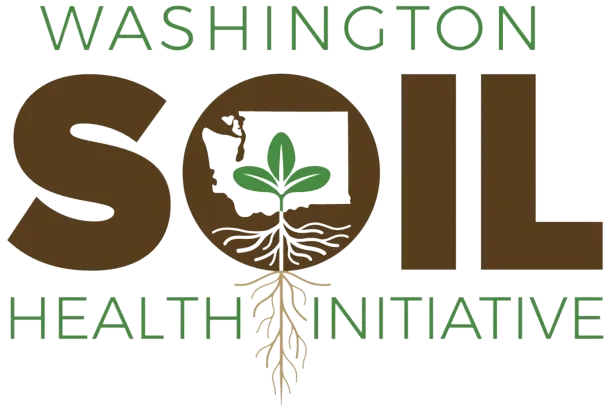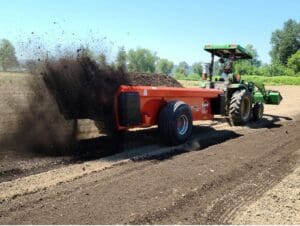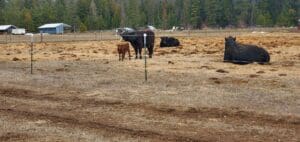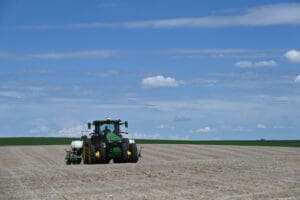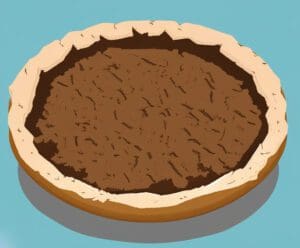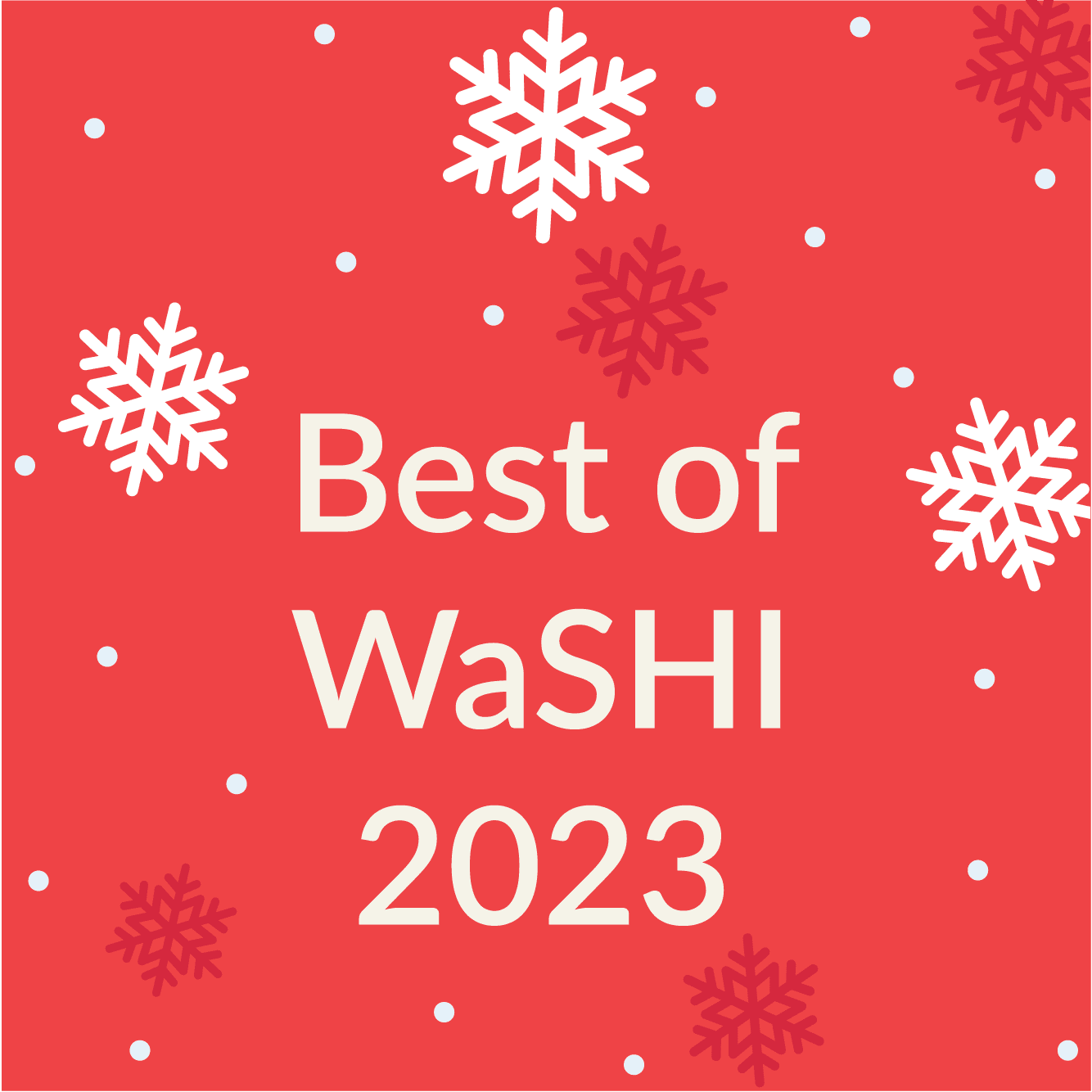
Best of WaSHI 2023
December 22, 2023
2023 marked significant progress in soil health, including increased funding for soil health practice adoption and advancements in soil research. This trend was not exclusive to the broader field of soil health but extended to Washington Soil Health Initiative (WaSHI) projects.
Review some of the most read articles and most viewed videos about soil health from WaSHI.
Most Visited Posts
Bale grazing is a method of feeding livestock during the winter. Bales are placed across a pasture or paddock rather than in one location
As written, the CCA exempts agriculture from many of its rules. This includes the requirements to report GHG emissions, and to participate in the quarterly cap-and-invest auctions in which Washington businesses must purchase the right to emit GHGs. Nevertheless, agriculture is still substantially impacted by the law’s economic and environmental effects. In fact, the CCA has ushered in many benefits and challenges to Washington agriculture since its launch on January 1st, 2023.
With soil acidification, the aluminum within the soil complex is released into the soil solution, where it affects plant health.
Just like your favorite holiday pie, soil organic matter has a number of different slices that make it come together just right. Maybe each slice isn’t the same size, but without each piece, the pie just wouldn’t be complete. We can use this pie example to understand the different ways we can look at soil organic matter, either as a whole pie or as individual slices.
Most Watched Videos
At SoilCon23, Kristen Ball, from WSU's Center for Sustaining Agriculture and Natural Resources, gave a highly engaging talk about the role of organic matter in soil health.
Some key takeaways:
Microbial necromass is a massive contributor to SOC.
Soil aggregates can protect SOC from degradation.
Effects on SOC from organic amendments are over the longterm, not short-term.
At SoilCon23, Kristen Ball, from WSU's Center for Sustaining Agriculture and Natural Resources, gave a highly engaging talk about the role of organic matter in soil health.
Some key takeaways:
Microbial necromass is a massive contributor to SOC.
Soil aggregates can protect SOC from degradation.
Effects on SOC from organic amendments are over the longterm, not short-term.

Molly McIlquham
Molly an Extension Coordinator at Washington State University where she works to share soil health information from the Washington Soil Health Initiative.
This article was published by the Washington Soil Health Initiative. For more information, visit wasoilhealth.org. To have these posts delivered straight to your inbox, subscribe to the WaSHI newsletter. To find a soil science technical service provider, visit the Washington State University Extension website or the Washington State Conservation District website.

